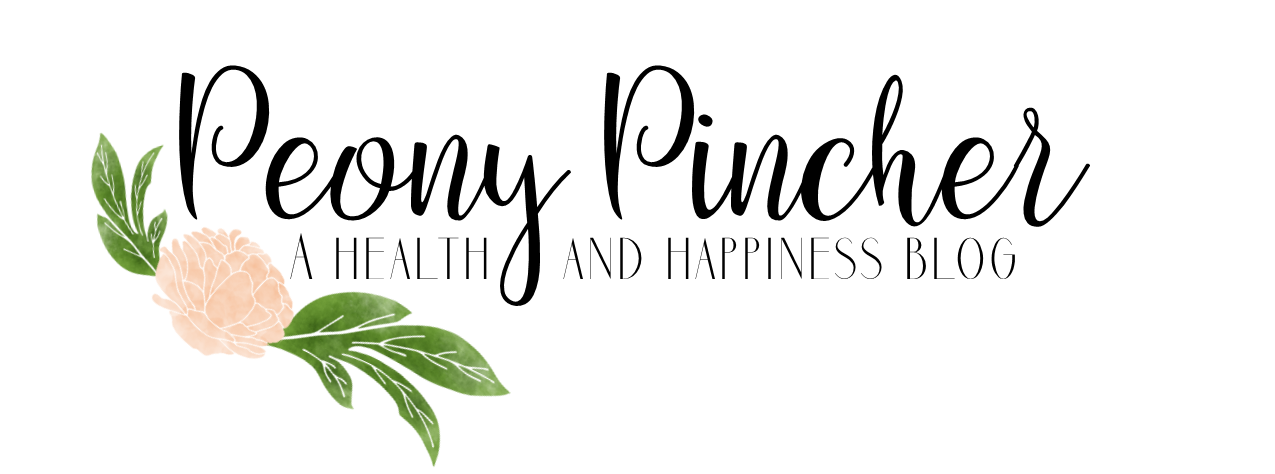
Ok, here’s the thing. Everyone has their own opinion on the whole organic food debate. Some think it’s a sham in order for food companies to get more money, others find it essential for everything in their kitchen to be organic. I can’t clear up any misconceptions or doubts you may have about the system. I’m soooo far from an agricultural expert, but I may help motivate and guide you in your organic journey.
Here are a few facts about organic produce:
- The “USDA Certified Organic” label is mandated, unlike many of our food labels. If a food has this seal on it, then it has ingredients which were grown according to the standard set in place. This includes things such as soil quality, pesticide use, additives, and animal raising practices.*
- Humans weren’t meant to ingest toxic pesticides. Yes, maybe we shall evolve into chemical-dissolving machines, but such is not the case currently. The problem is that many of our large crops are laden with these pesticides which then absorb into the skin of the fruit or veggie. We then gently wash our apples in the sink to “clean them” meanwhile whooopsie there goes the Round-Up (which has been going through a huge law suit for a while now**) into our system.
- Yes, wind can carry pesticides from one farm to another. So if there is an organic crop near a non-organic crop, those foods could technically become compromised.
- Organic farms often do still use pesticides. They have to find some way of protecting their crops from the natural predators out there…..funny that farms existed since the beginning of human existence with no such things, but I digress. The difference is organic farmers are required to “use biological or botanical pesticides such as neem- and citrus-based materials, and synthetic materials included on the National List of Allowed and Prohibited Substances.” *** From what I understand, these laws do vary from state to state.
- “Organic” does not equal “healthy”. You still need to look at the ingredients (related post).
- USDA Organic produce cannot be GMO. Genetically modified foods are a whole topic in and of themselves. At this point in my and my kids’ lives, I steer clear of them.
Now that we’ve cleared up a few things, back to the show. Every year, the Environmental Working Group puts out a list of the “Dirty Dozen” and “Clean 15”. The Dirty Dozen sounds like a group of badass wild west thugs, but is actually a list of the top twelve fruits and veggies that have found to contain the largest amount of trace pesticides. In contrast, the Clean 15 are the ones with the least residue.
These lists are extremely helpful for those of us who want to eat as clean as possible, but can’t afford to buy everything organic. I have been utilizing the Dirty Dozen list for several years as a means to shop smart, but not sell my soul and savings account to Whole Foods.
Here’s what’s on the menu of the Dirty Dozen in 2021:
- Strawberries
- Spinach
- Kale, Collard and Mustard Greens
- Nectarines
- Apples
- Grapes
- Cherries
- Peaches
- Pears
- Bell and Hot Peppers
- Celery
- Tomatoes
Notice a trend here? The majority of them have soft skin, perfect for nibbling and perfect for absorbing those pesticides. If you can only buy certain produce organic or local, start with these.
Here’s the scoop on the Clean 15 in 2021:
- Avocados
- Sweet Corn (still buy organic if trying to avoid GMO)
- Pineapple
- Onions
- Papaya
- Sweet Peas (frozen)
- Eggplant
- Asparagus
- Broccoli
- Cabbage
- Kiwi
- Cauliflower
- Mushrooms
- Honeydew Melon
- Cantaloupe
So, one last bit of knowledge to lay on you. When thinking about trying to reduce your toxic load, you have to also consider the products that stem from these crops. Strawberry jam, applesauce, tomato sauce, ketchup, raisins. I buy all of these organic. For me, I can make this sacrifice financially because it gives me peace of mind especially since half of these things are going into the kids more so than myself. Making good decisions starts with educating yourself and then going with your gut. I’ve done half the work here for you ;).
*USDA Certified Organic: Organic 101: What the USDA Organic Label Means | USDA
**Round-Up: Monsanto Roundup & Dicamba Trial Tracker – U.S. Right to Know (usrtk.org)
*** Organic Pesticides: Pests & Pesticides | CCOF
